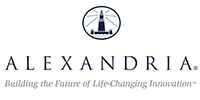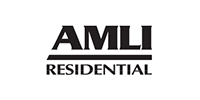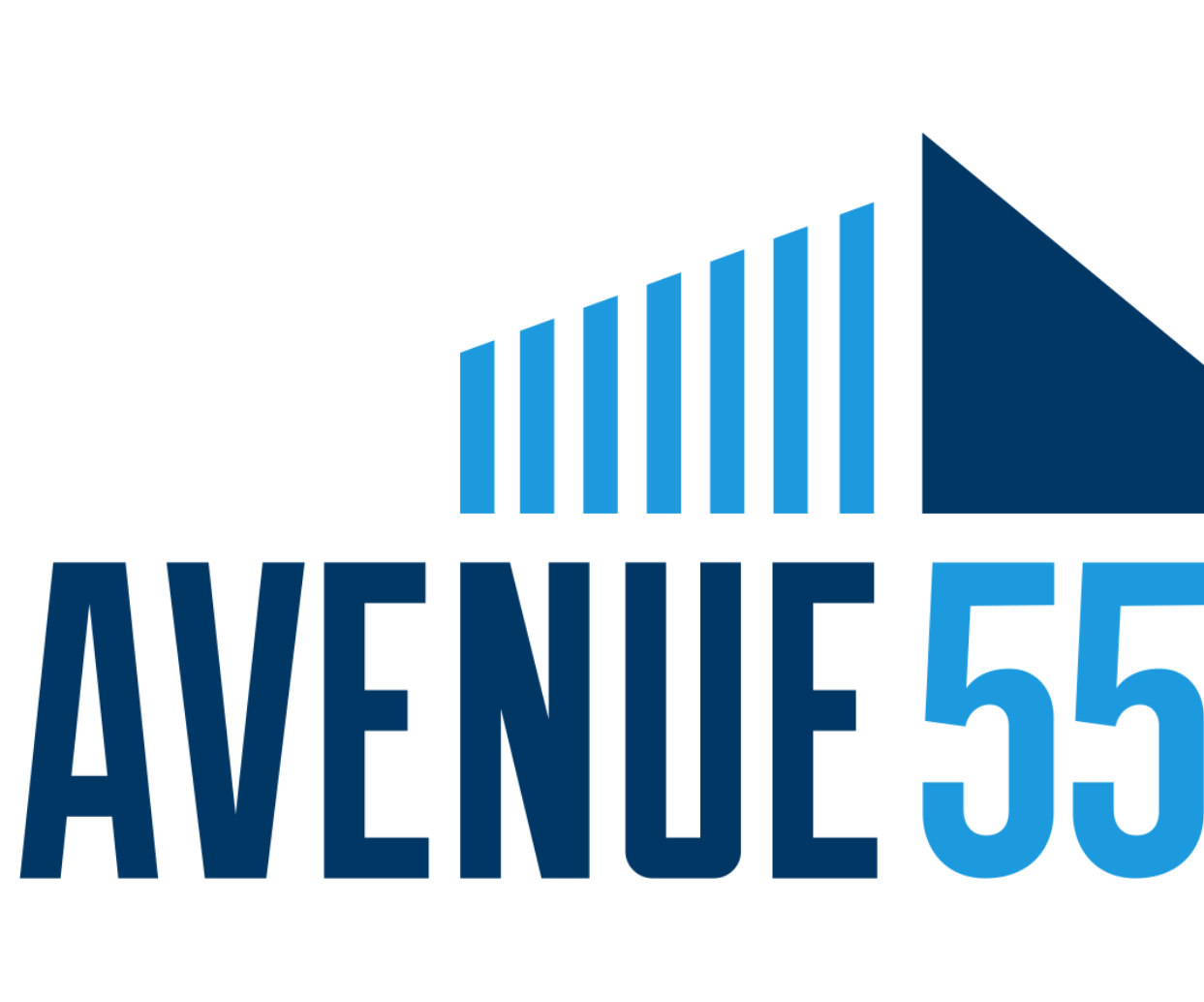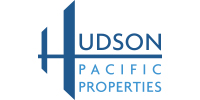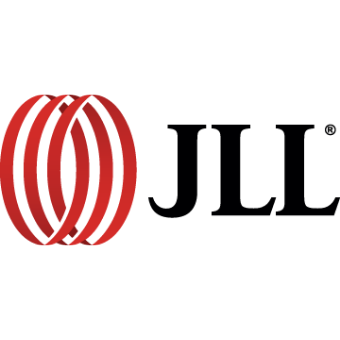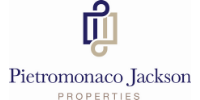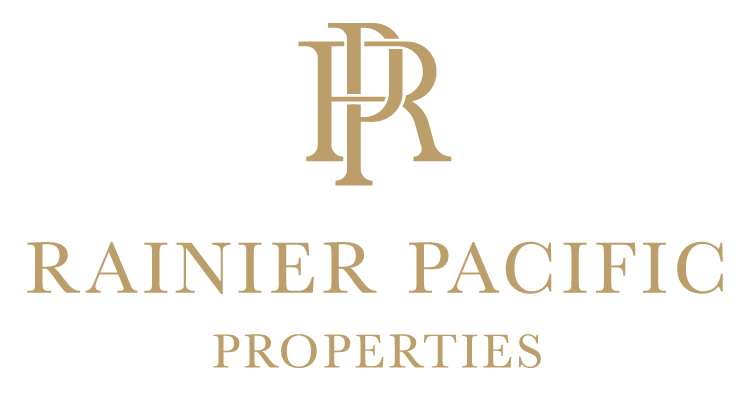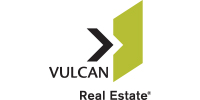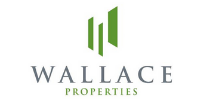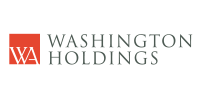
Washington State Legislature 2022 End of Session Summary/Update for NAIOPWA Members
The 2022 Washington State Legislature adjourned Sine Die on March 10 after a 60-day legislative session. This session included an unprecedented amount of budget policy during a “short” session that traditionally focuses on modest changes to the two-year budget adopted the prior year. The session also addressed changes to previously adopted policies such as the long-term care act adopted in 2019 and police reform measures adopted in 2021. Finally, the legislature entered the session with an unprecedented $14 billion in additional resources yet failed to provide any across-the-board tax relief. The final supplemental budget boosts biennial state spending to more than $64 billion. A transportation package of almost $17 billion over 16 years was also adopted.
NAIOPWA reviewed, monitored and actively advocated on more than 100 separate bills during the 2022 legislative session. We focused on priority bills, identifying those which had the potential to benefit or otherwise directly impact the CRE industry.
Key wins in this session include:
- SEPA Reform passed;
- Collaboration with Governor Inslee’s office around building efficiency standards for smaller/MFP buildings bill;
- Passage of warehouse tax incentive bill supporting industrial growth.
NAIOPWA was also honored with WEDA’s Economic Development Advocate of the Year Award for our partnership in the TIF for Jobs Campaign in the 2021 session. Read more about TIF for Jobs here.
Below are bills that NAIOPWA focused on this session. To view a list of all bills passed by the legislature, download the report here. A list of all other bills proposed this session which failed to pass is available here.
The following bills were passed by the legislature and sent to Gov. Inslee for signature.
Building Efficiency Standards for buildings less than 50,000 square feet and multi-family properties (SB 5722/HB 1774)
A priority bill for Governor Inslee that extends 2019 legislation for larger buildings to include buildings larger than 20,000 square feet and multi-family properties. The original draft included provisions on rent control as well as a new greenhouse gas (GHG) intensity metric that would have negated cost-effectiveness language that NAIOPWA successfully advocated in 2019.
The final bill reflects NAIOPWA’s advocacy efforts this session beginning in October 2021, when the organization negotiated with the governor’s office and bill sponsors on the initial draft prior to introduction. Early changes include the timing of the performance standards rule, which will now sit through a legislative session and was extended an additional year (to the end of the 2031 legislative session); a directive to focus on costs to building owners in a required report to the legislature in 2029; the opportunity for a longer implementation for multi-family properties; and a recognition that older buildings may need more time to adopt the new requirements.
After the bill was officially introduced, NAIOPWA was also successful in negotiating a requirement for a Small Business Economic Impact Statement to be developed by the Department of Commerce in both rulemakings required in the bill (benchmarking by 12/1/23 and energy standards in 2030). The final bill also increases the original $75 million in incentives available to building owners to $150 million. It also removes all references to rent control as a condition of accepting the financial incentives as well as removing the proposed new GHG intensity metric.
Urban Growth Area Vesting (SB 5042)
This bill was a holdover from the 2021 legislative session, and as such did not have to go through the committee process in the Senate. The bill addresses the date at which vesting occurs for expansion of an Urban Growth Area; removal of the designation of agricultural, forest, or mineral resource lands; creation or expansion of a limited area of more intensive rural development; establishment of a new, fully contained community; and creation or expansion of a master-planned resort. The date will be the later of two dates: 60 days after publication of notice of the action, or if a petition for review to the Growth Management Hearings Board (Board) is timely filed, the date on which the Board's final order is issued. NAIOPWA and other representatives of the real estate community testified against the bill in the House hearings.
SEPA Reform (SB 5818)
NAIOPWA was approached by Senator Solomon, a prime sponsor of the SEPA reform bill, during the interim to provide input on draft legislation. The bill exempts certain non-project actions that increase housing capacity from review and appeal under both the GMA and SEPA. The bill also exempts certain project actions from appeal under SEPA based on impacts to aesthetics and glare elements if the project is subject to design review at the local government level. The bill directs DOE to modify maximum thresholds in certain SEPA categorical exemptions. We worked with the counties and Futurewise to develop the legislation, which ultimately passed the Senate 43-5 and the House 97-1.
Warehouse Tax Incentive in Targeted Counties (SB 5901)
Creates a manufacturing and research and development sales and use tax incentive program for targeted counties (those under 650,000 in population, which excludes King, Pierce and Snohomish counties). Expands the warehouse sales and use tax exemption to include warehouses over 100,000 square feet in targeted counties. Caps the maximum amount of sales and use tax that may be exempted for the construction or expansion of any warehouse or grain elevator at $400,000. Expires the warehouse sales and use tax exemption on July 1, 2032.
Creating a Tax Preference for Rural and Non-Rural Data Centers (HB 1846)
Expands and extends the existing sales and use tax exemption for data centers in rural counties. The bill also establishes a sales and use tax exemption for the purchase of eligible server equipment, and related labor and services, for eligible data centers in counties with a population over 800,000. Requires a qualifying business operating a new data center to attain a specified sustainable design or green building standard certification within three years after being placed in service. Requires data centers receiving an exemption to be developed under a community workforce agreement or project labor agreement for new construction work performed on computer data center site.
Providing additional revenue sources for the Regional Transit Agency (SB 5528)
Allows a Regional Transit Authority (RTA) to establish one or more enhanced service zones (ESZ) within its boundaries to finance high-capacity transportation system improvements directly benefiting the ESZ. Allows an RTA to collect additional taxes within an ESZ if a majority of the voters in the ESZ approve. One of the new additional taxes applies to commercial parking, exempting parking that’s included in residential lease agreements. NAIOPWA worked with the bill’s sponsor to include language clarifying that exempted residential parking fees may include additional parking charges not specifically contained in a lease agreement.
The following bills failed to pass the session.
Middle Housing (SB 5670/HB 1782)
Governor Inslee introduced legislation to encourage housing density near transit. NAIOPWA and the real estate community supported the legislation, but it met significant opposition and ultimately did not pass.
Seller Disclosure Statements (HB 1951)
The original bill would have changed the seller disclosure statement for residential and commercial property sales to impose liability for any issues arising from a sale to be on the seller and would have deleted the “I don’t know” option as one of the elements of the disclosure statement. The bill also added a requirement to disclose animal damage to the list of elements in the disclosure statement. The policy committee amended the bill to limit the changes only to adding the animal damage disclosures. The bill passed out of the House Consumer Protection Committee but did not advance out of the House.
Rent Increase Notifications/Late Fees (HB 1904)
Required landlords to provide at least 180 days’ notice for rent increases over 3%, allowed a tenant to terminate a lease early for any rent increase over 3%, and limited late fees to 1.5% of a tenant’s monthly rent. The bill passed out of its committee of origin but did not pass out of the House. A rent control bill is expected in 2023.
Green Roofs (SB 5732)
Required “green roofs” on all buildings over 50,000 square feet designed after January 1, 2025. NAIOPWA opposed the legislation and suggested either an incentive program or an interim review of the cost effectiveness of the proposal before further consideration. The fiscal note from the University of Washington indicated that the proposal would add $875,000 to the cost of a new building. The bill did not advance.
Natural Gas (HB 1770, 1766 and 1767)
Governor Inslee introduced three bills to reduce the use of natural gas in the built environment. HB 1770 would update the minimum State Energy Code requirements for residential and nonresidential construction and require new buildings to be net-zero ready. The bill also required each city, town and county to enforce the Washington State energy code for residential buildings or adopt the statewide residential reach code. It also required the State Building Code Council to adopt a statewide residential reach code. None of these bills passed the legislature but are expected to return in 2023.
Consolidated Permit Review (SB 5964)
Established a consolidated permit review grant program for local governments to issue final decisions for residential permit applications within specified time frames.
NAIOPWA's state lobbyist, Greg Hanon, sends weekly reports for NAIOPWA members during the legislative session. These include a brief overview of session activity and highlights of the most pertinent issues for our industry. Additionally, Greg includes a complete list of bills and hearings that inform how we do business in Washington State. Find links to past updates in the NAIOPWA blog here.

